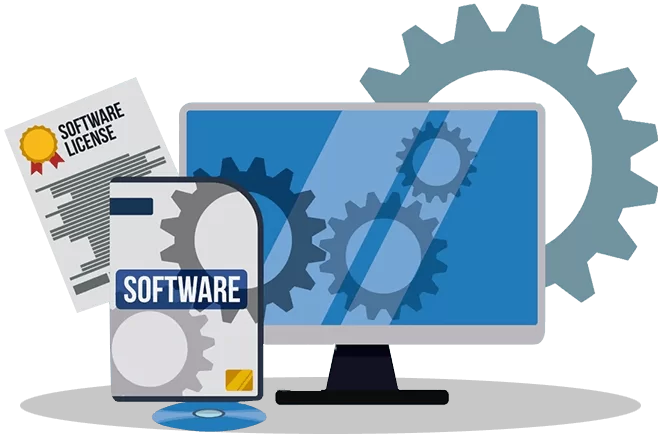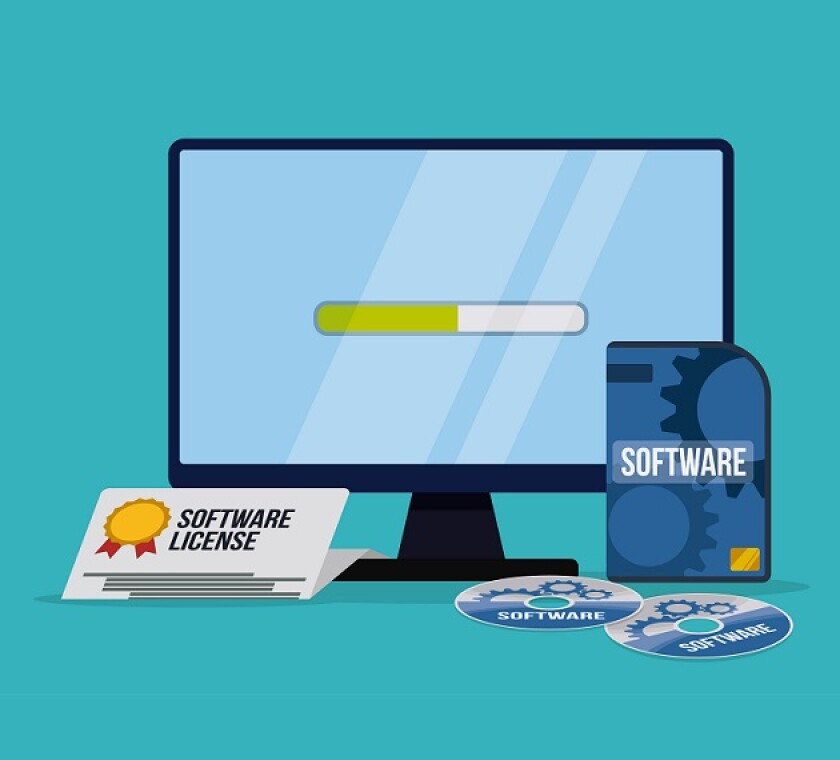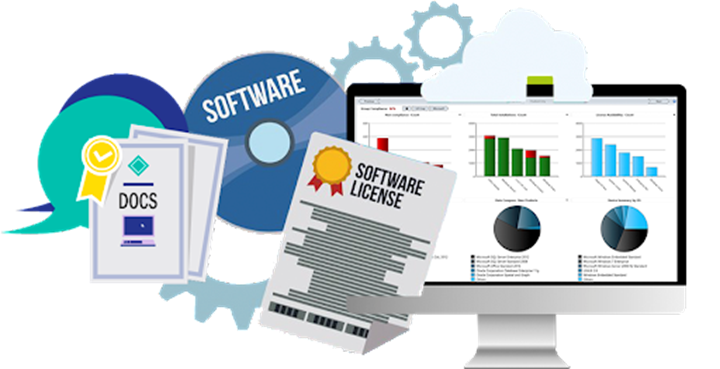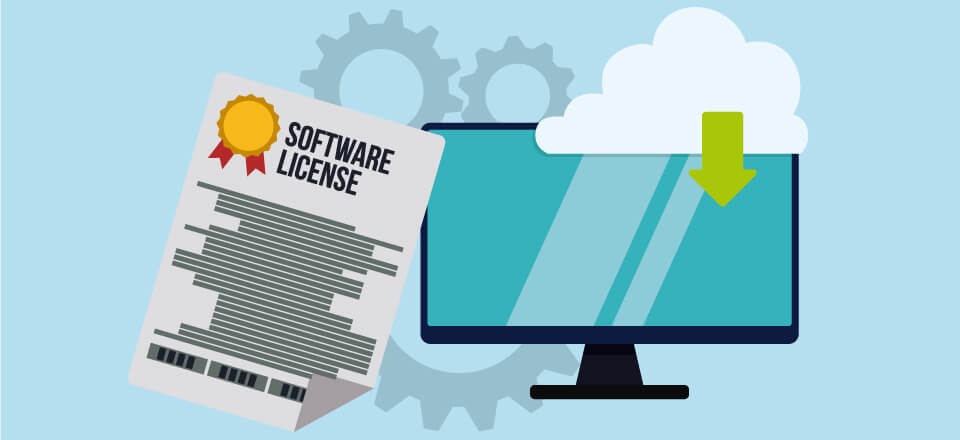AUTHOR: BABLI
DATE: 28/12/23
In the dynamic landscape of India’s digital ecosystem, the utilization of Payment Service Provider (PSP) software has become integral to businesses.[1] However, not all PSP software licenses are created equal. Some fall into the category of high-risk, posing potential threats to security, legal compliance[2], and overall business operations.
Introduction
PSP software licenses empower businesses[3] to facilitate electronic transactions,[4] enhancing the efficiency of financial processes. In India, where the digital payment sector is burgeoning, these licenses play a crucial role in shaping the landscape[5]. High-risk PSP software licenses, though, warrant a closer look.
Understanding High-Risk PSP Software Licenses
High-risk PSP software licenses can be classified into various categories, including those susceptible to data breaches, fraud, and non-compliance. Examples of such software may include outdated systems with known vulnerabilities or those lacking robust security features.
Regulatory Framework in India
To maintain the integrity of the financial system, regulatory authorities in India oversee PSP software licensing. Compliance with stringent requirements is essential, and businesses must adhere to guidelines set by entities such as the Reserve Bank of India (RBI).
Challenges Faced by Businesses

The use of high-risk PSP software introduces challenges such as security concerns and legal ramifications. Businesses may find themselves vulnerable to cyber threats and subject to penalties for non-compliance with regulatory standards.
Mitigating High-Risk PSP Software Challenges
Proactive measures are crucial for businesses to mitigate the challenges associated with high-risk PSP software. Regular audits, robust security practices, and staying informed about emerging threats are essential components of risk management.
Case Studies
Examining real-world instances of high-risk PSP software failures provides valuable insights into the potential impact on both businesses and consumers. Learning from past mistakes is instrumental in shaping a secure future.
Emerging Trends in PSP Software Licensing
As technology evolves, so do licensing models for PSP software. Innovations such as tokenization and biometric authentication are reshaping the landscape, promising enhanced security and improved user experiences.High-Risk PSP Software Licenses in India.
Choosing the Right PSP Software

Selecting the appropriate PSP software involves careful consideration of factors such as security features, compliance standards, and the specific needs of the business. Due diligence is paramount to preventing potential risks.
Role of Technology in Mitigating Risks
Advancements in artificial intelligence (AI) and machine learning are being harnessed to develop risk assessment tools. These technologies play a vital role in identifying and addressing potential vulnerabilities in PSP software.
Educational Initiatives for Businesses
Ensuring that businesses are well-informed about the risks and best practices associated with PSP software is crucial. Training programs and awareness campaigns contribute to creating a more secure digital payment ecosystem.
Legal Recourse for Non-Compliance
Non-compliance with PSP software regulations can lead to severe consequences, including financial penalties and legal action. Understanding [1]the legal landscape is essential for businesses to navigate safely.
Industry Collaboration for Security
Collaboration among businesses in sharing best practices and collectively addressing security concerns contributes to a more robust and resilient digital payment infrastructure.[2]
Future Outlook for PSP Software Licensing in India
Anticipating changes in regulations[3] and evolving security standards is key for businesses to stay ahead. The future outlook for PSP software licensing in India involves adapting to emerging technologies and regulatory shifts.
Emerging Threats and Vulnerabilities
As technology advances, so do the threats associated with high-risk PSP software. Cybercriminals are becoming more sophisticated, employing tactics like ransomware attacks and identity theft. It’s imperative for businesses to stay ahead of these threats through regular risk assessments [4]and the implementation of cutting-edge security measures.
Data Protection Challenges
One of the critical challenges businesses face with high-risk PSP software is ensuring the protection of sensitive customer [5]data. With data breaches becoming more prevalent, the onus is on businesses to adopt robust encryption methods and secure storage practices to safeguard user information.
Evolving Regulatory Landscape

The regulatory landscape governing PSP software in India is dynamic and subject to change. Businesses must adapt to evolving regulations, ensuring that their software complies with the latest standards set by regulatory bodies. Staying compliant not only mitigates legal risks but also enhances the trust customers place in the digital payment system.
Conclusion
In navigating the landscape of high-risk PSP software licenses in India, businesses must prioritize proactive measures, from selecting secure software to staying abreast of regulatory changes. The digital payment ecosystem’s security is a shared responsibility that requires continuous effort and vigilance.
FAQs
- What are the consequences of using high-risk PSP software?
- Using high-risk PSP software can expose businesses to security breaches, financial losses, and legal consequences.
- How can businesses stay updated on the latest regulatory changes?
- Regularly monitoring regulatory authorities’ updates and participating in industry forums can help businesses stay informed.
- Are there specific industries more prone to high-risk PSP software?
- Industries dealing with sensitive financial information, such as banking and e-commerce, are more prone to high-risk PSP software.
- Can small businesses afford the security measures needed for PSP software?
- Yes, adopting cost-effective security measures and staying vigilant can help small businesses safeguard against risks.
- What role does user education play in mitigating risks?
- Educating users about safe practices and potential risks is crucial to creating a secure digital payment environment.

